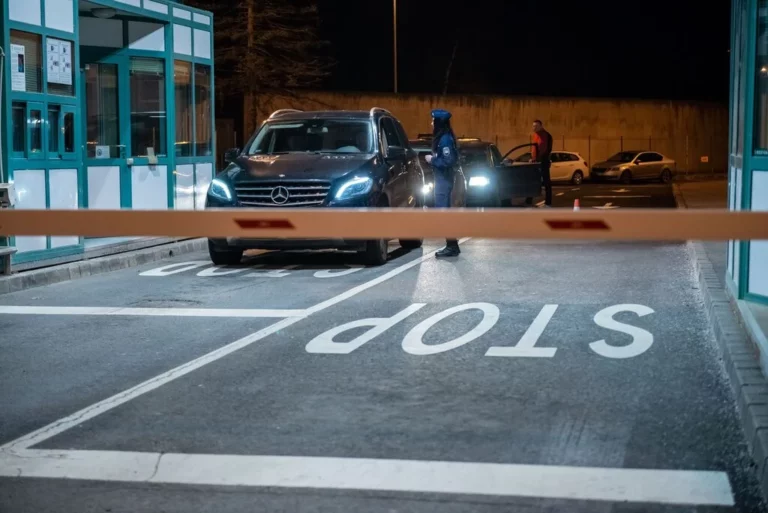Slovakia
BREAKING: Slovenia introduces border controls at Hungarian border

Is Slovakia good place to visit for sport events?
Sponsored content You're an adrenaline junkie, aren't you? Or maybe a sports enthusiast? Either way, we've got the perfect destination...
FM Szijjártó: Hungary and Slovakia are better off if relations are good

Israeli students in Hungary in hunt for plane tickets to go home to fight

BREAKING: Slovakia reinstates border control at Hungarian border from tomorrow

Hungarian government interfering in Slovak election campaign?

Diplomatic interference? Hungarian ambassador to Slovakia summoned over Szijjártó’s words

Hungary and Slovakia to sign nuclear cooperation pact

Hungary, Slovakia open new border crossing

Slovak Alliance politicians ‘unifying’ ethnic Hungarian forces

Ministry official: migration shows no signs of easing

Ukraine files lawsuit against Hungary, Poland and Slovakia

Slovakia may close the Hungarian–Slovakian border next Tuesday

Hungary to start receiving gas from north

Slovakia to send 500 soldiers to Hungarian border

Buying property: Romanians beat Hungarians

Government acknowledged that there are too many conflicts between V4 countries

Get ready: Western fuel prices approaching in Hungary





 ZH
ZH IT
IT DE
DE HR
HR NL
NL FR
FR JA
JA RO
RO RU
RU ES
ES TR
TR
